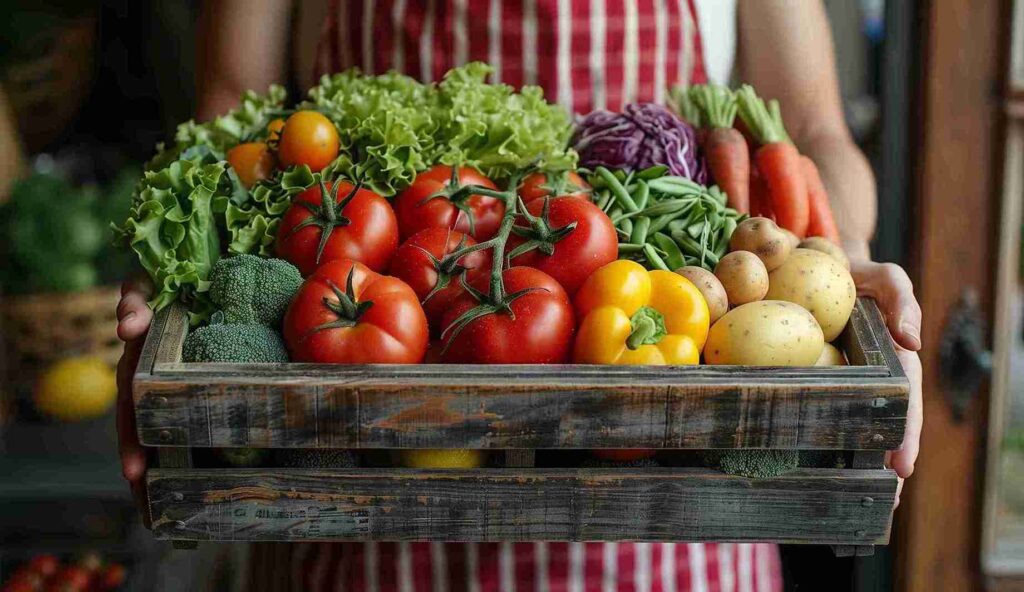Italians have a special way with words—and food. They don’t just eat vegetables; they weave them into colorful expressions that bring everyday situations to life. From cabbages to chestnuts, these sayings perfectly capture awkward moments, tricky situations, or unexpected surprises. Let’s explore six fun Italian idioms that’ll make you look at vegetables in a whole new way!
“Farsi i cavoli propri”
The literal translation of this expression is “To mind your own cabbages”. When Italians want to tell someone to mind their own business, they don’t say “mind your own business”—they say “fatti i cavoli tuoi!” Why cabbages? Who knows! But the image is clear: stick to your own vegetables, and stop meddling in someone else’s garden.
Example:
“Perché mi fai tutte queste domande? Fatti i cavoli tuoi!” (Why are you asking me so many questions? Mind your own business!)
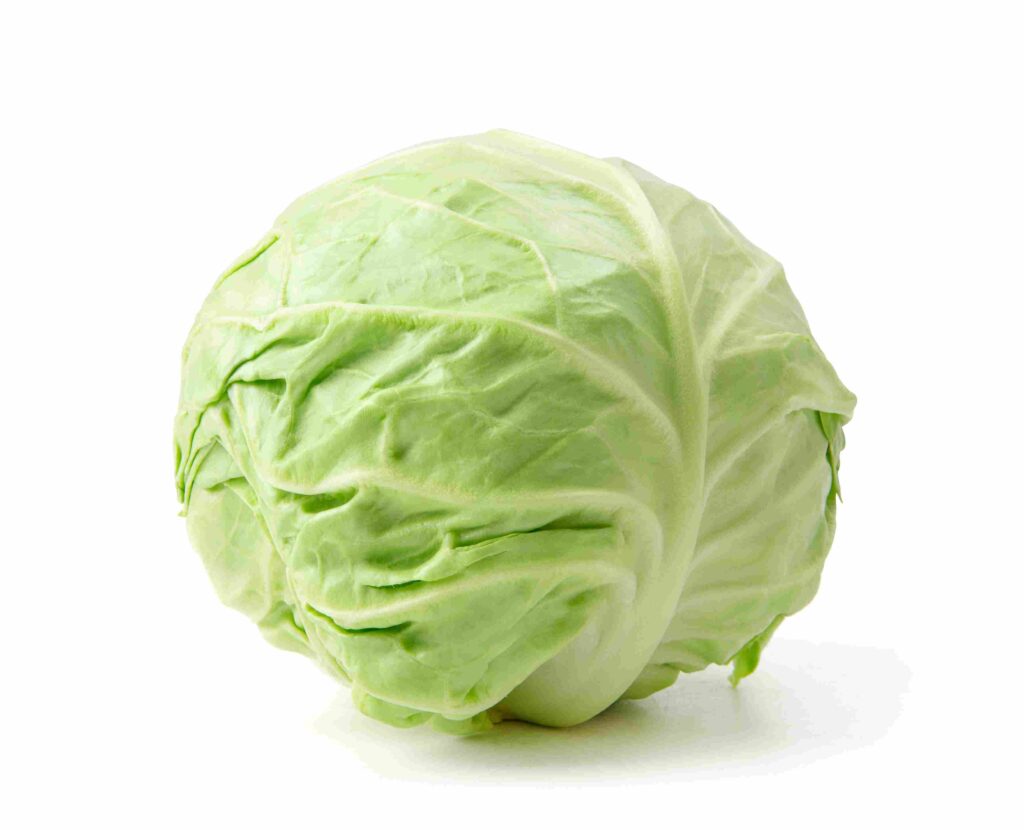
“Essere una testa di rapa”
This expression literally means “To be a turnip head”. In Italy, if someone calls you a “testa di rapa”, they’re not admiring your farming skills—they’re saying you’re not the sharpest tool in the shed! It’s a playful way to describe someone who’s being a little clueless or forgetful. After all, turnips are solid, reliable… but not exactly famous for their brains! While it’s not the nicest thing to say, it’s often used in a joking, affectionate way—so take it with a smile!
Example:
“Ha sbagliato strada per la quarta volta oggi. È una testa di rapa!” (He took the wrong road for the fourth time today. He’s such a turnip head!)
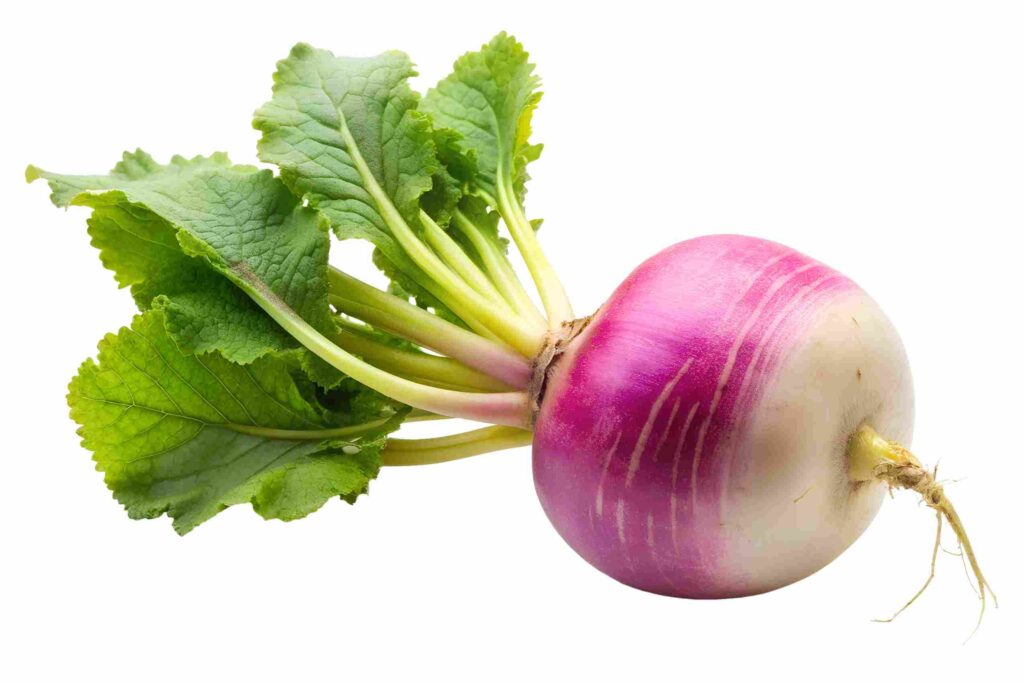
“Capitare a fagiolo“
This expression means “To happen like a bean”. Beans might seem ordinary, but Italians have found a way to make them magical. When something “capita a fagiolo”, it means it happens at just the right moment—like a bean that lands perfectly in your soup!
Example:
“Ero così stanco e hai portato il caffè? Sei capitato a fagiolo!” (I was so tired, and you brought coffee? You came at the perfect moment!)
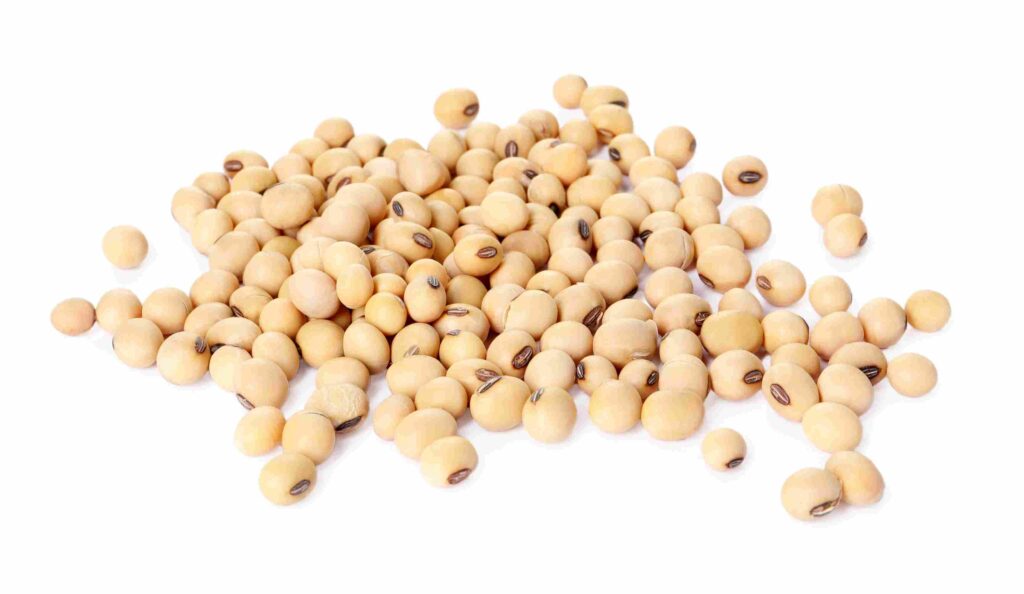
“Essere minestra riscaldata“
Have you ever tried to rekindle an old relationship or revive a failed project? Italians call this “minestra riscaldata”—reheated soup. It refers to something that has been brought back but is no longer as good as it once was. Like actual soup that’s been reheated too many times, some things are better left in the past!
Example:
“Vuoi tornare con il tuo ex? È solo minestra riscaldata.” (You want to get back with your ex? That’s just reheated soup.)
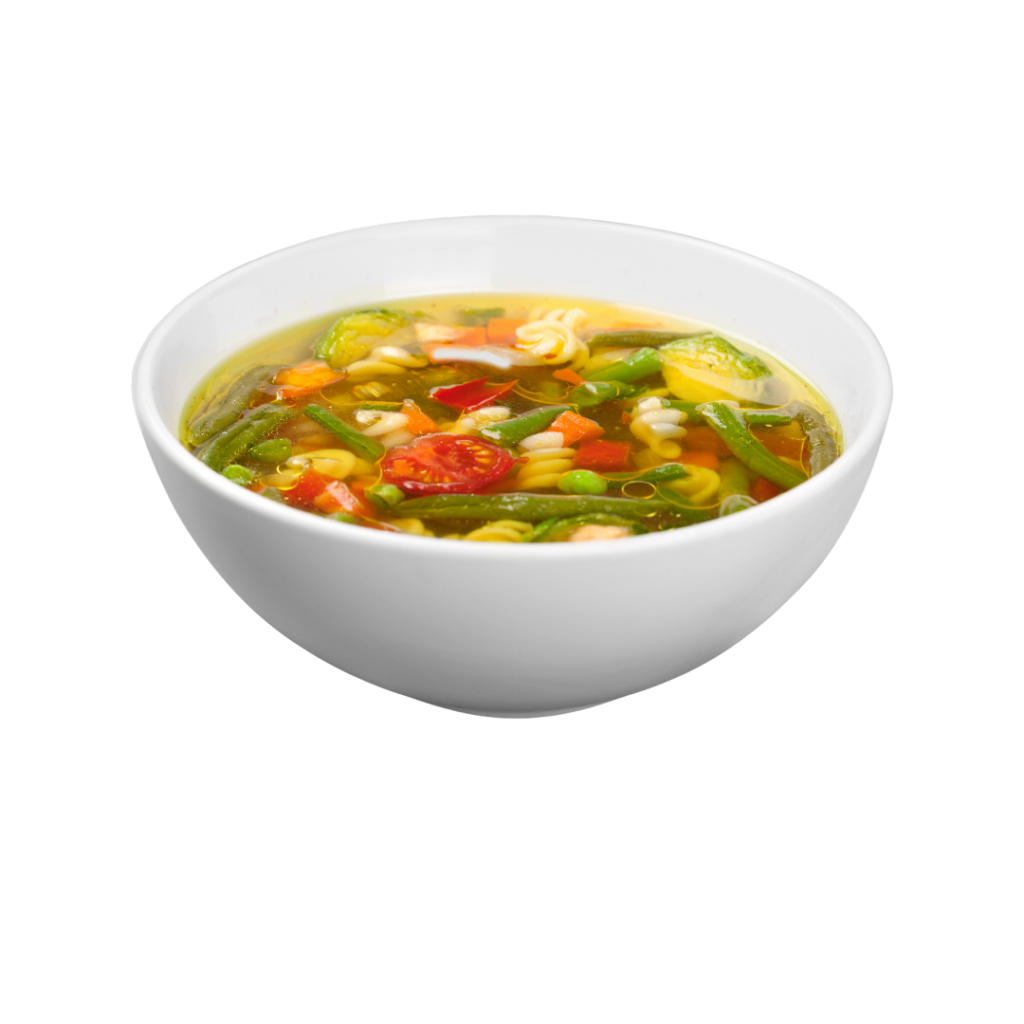
“Prendere in castagna“
This expression means “to catch someone in a chestnut”. It is used when you catch someone red-handed—usually when they’re up to no good. While the origins of the phrase are a little hazy, the image sticks: like catching a sneaky squirrel trying to steal a chestnut!
Example:
“Ti ho preso in castagna mentre copiavi le risposte!” (I caught you red-handed copying the answers!)
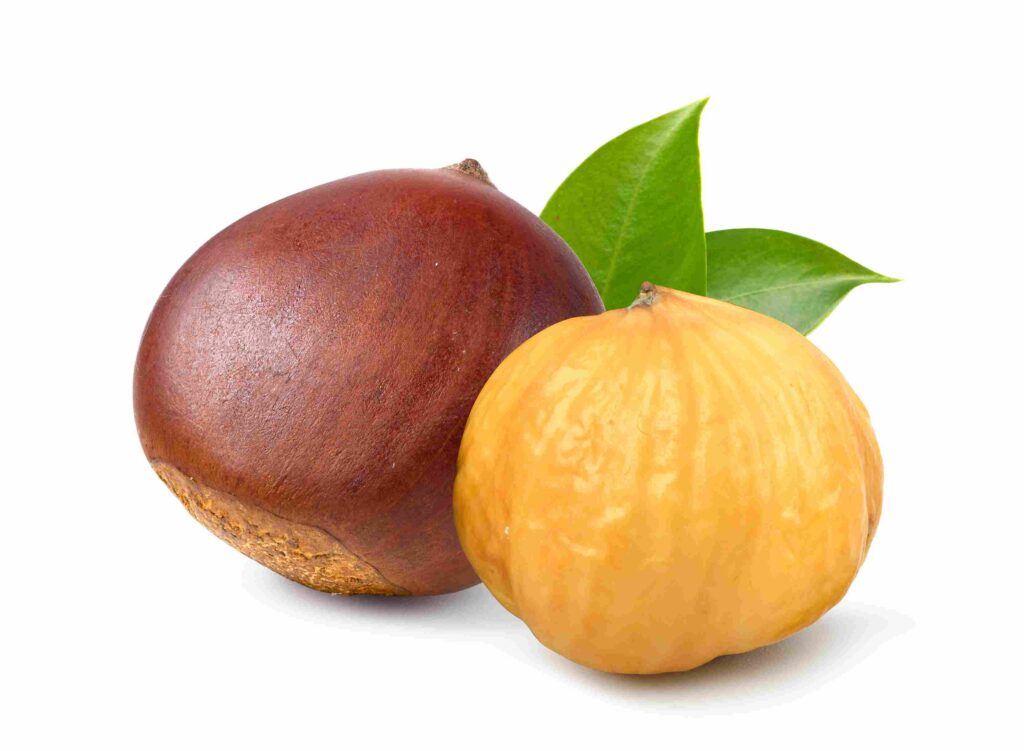
“Essere una patata bollente“
This expression literally means “to be a scalding hot potato”. We all know the feeling of holding something too hot to handle… It refers to a delicate or tricky issue that no one wants to deal with!
Example:
“Quella decisione è una patata bollente—nessuno vuole prendersi la responsabilità.” (That decision is a hot potato—no one wants to take responsibility for it.)
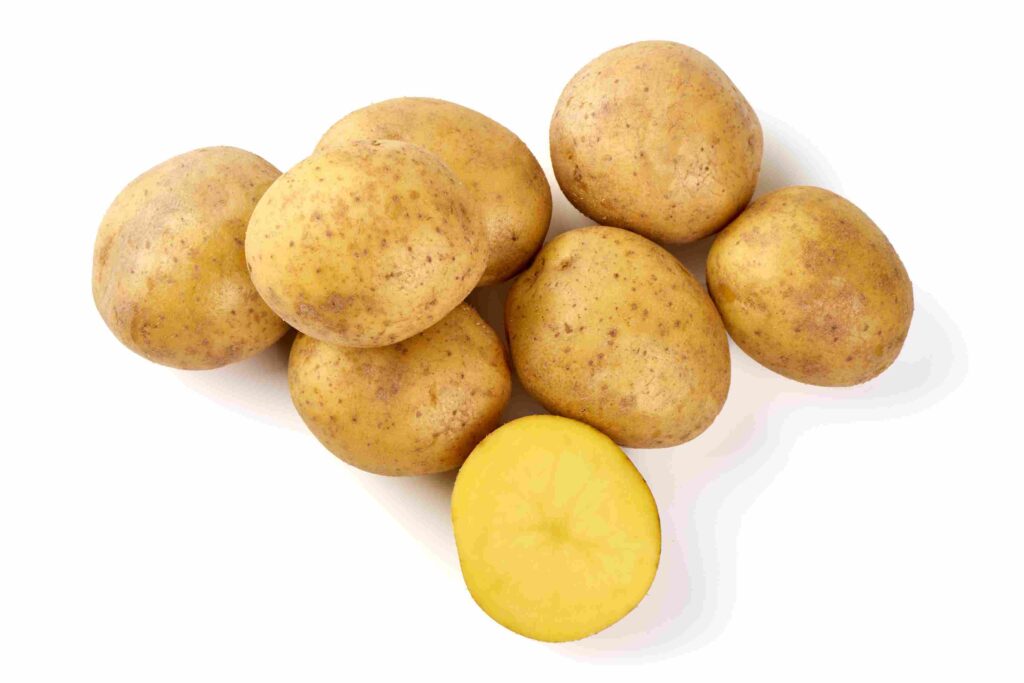
From minding your own cabbages to catching chestnuts and dodging hot potatoes, Italian expressions are full of humor, creativity, and… vegetables! They’re not just fun to say—they offer a unique glimpse into how Italians bring food and language together to describe life’s ups and downs.
Which of these expressions is your favorite?
Did you enjoy this exercise? Want to perfect your language skills?
Join our community of learners today! https://www.italymadeeasy.com/join ⬅️

